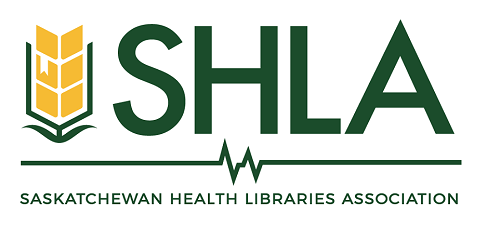Meeting date: January 23, 2018
Presenter: Suzy Bear
Citation: Nicholas, D., Boukacem-Zeghmouri, C., Rodriguez-Bravo, B., Xu, J., Watkinson, A., Abrizah, A., Herman, E., & Swigon, M. (2017). Where and how early career researchers find scholarly information. Learned Publishing, 30(1) doi:10.1002/leap.1087. http://ciber-research.eu/download/20170103-Where_and_How_ECRs_Find_Scholarly_Information-LEAP1087.pdf
Article abstract: This article presents findings from the first year of the Harbingers research project started in 2015. The project is a 3-year longitudinal study of early career researchers (ECRs) to ascertain their current and changing habits with regard to information searching, use, sharing, and publication. The study recruited 116 researchers from seven countries (UK, USA, China, France, Malaysia, Poland, and Spain) and performed in-depth interviews by telephone, Skype, or face-to-face to discover behaviours and opinions. This paper reports on findings regarding discovery and access to scholarly information.
Findings confirm the universal popularity of Google/Google Scholar. Library platforms and web-scale discovery services are largely unmentioned and unnoticed by this user community, although many ECRs pass through them unknowingly on the way to authenticated use of their other preferred sources, such as Web of Science. ECRs are conscious of the benefits of open access in delivering free access to papers. Social media are widely used as a source of discovering scholarly information. ResearchGate is popular and on the rise in all countries surveyed. Smartphones have become a regularly used platform on which to perform quick and occasional searches for scholarly information but are only rarely used for reading full text.
Discussion summary & recommendations:
This study examines how early career researchers (ECRs) find scholarly information. The “who” is answered but not the “why”. A clear problem of how they find information definitely exists and is addressed. There didn’t seem to be any real method for recruitment in this study, it was quite random with no mention of why specific countries were selected (Canada was also excluded). Some of the interviews done in other languages were transcribed and then later translated. The study was done over a 3 year period which is a long time (a lot can change over 3 years). Looks like they are reporting the initial results but still have another 2 years to go. The relationship between the researchers and participants is not discussed. The final results demonstrate a lack of effective marketing by libraries. Many of the participants had no idea they were accessing their materials via the library (ex. the PDF’s they find in Google Scholar are thanks to the library’s IP address). There is definitely a big understanding of what libraries actually do. Marketing an be hard because many can’t be bothered to even read what we put out. There is a big problem with administration staff who clearly don’t understand what the library is all about and they make statements about how everything is online and the library is not needed or just a bunch of books. We can market more to them but should also focus on ECRs since they can be the ones to change the trend. We can’t compete with Google and shouldn’t try to. Discovery layers not functioning well for users sometimes doesn’t help either. These results are mentioned for academic libraries but apply to all library settings too.
